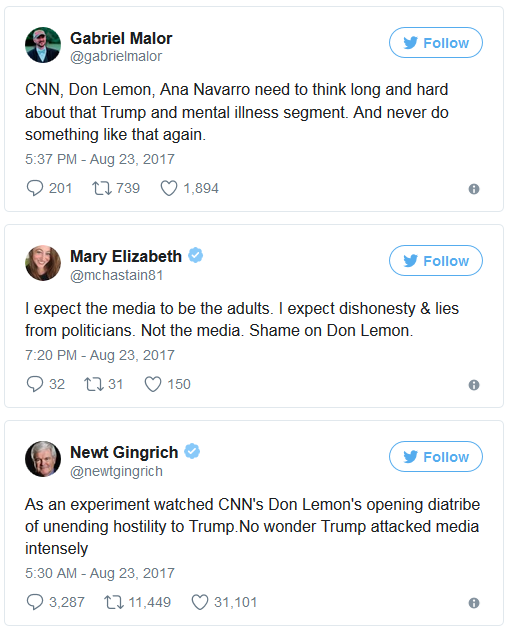Giuseppe Sandro Mela.
2020-12-31.
Chiunque avesse conosciuto di persona la Russia passata e quella attuale non potrebbe fare altro che concordare con quanto scritto dal US Department of Defense.
Russian Strategic Intentions. A Strategic Multilayer Assessment (SMA) White Paper.
«The post-Cold War picture of Russia as weak and declining is outdated. Today’s Russia is formidable in cyberspace and a resurgent global power, from Crimea to Syria to the Arctic and beyond.»
*
Questo il commento di Reuters.
«President Vladimir Putin has touted the Arctic as a vital region for Russian interests as climate change makes it more accessible, presiding over a buildup of military infrastructure and pushing to increase cargo volumes shipped via the Northern Sea Route across its northern flank.
The Central Scientific-Research Institute for Precision Machine Engineering, that makes weapons for Russia’s military, said it had restored testing chambers to simulate extreme conditions. The chambers were closed after the Soviet breakup in 1991.
The facility can now test-fire small arms as well as special grenade launchers and small-cannon armaments at temperatures of between minus 60 and plus 60 degrees Celsius»
* * * * * * *
Ma ciò che desta la maggiore sorpresa è l’editoriale del The Wall Street Journal, tempio della cultura liberal socialista.
«The U.S. should stop underestimating russian power»
«In recent days, Americans have learned that Russia’s equivalent to the CIA almost certainly executed the most devastating cyber-offensive in history»
«the attack fits neatly into a narrative that we have heard from pundits and policy makers for years: that Vladimir Putin has a weak hand in international politics—a wobbly economy, a relatively small military, stagnant population growth—but plays it well»
«this bit of conventional wisdom is that it seriously underestimates the value of the cards in Mr. Putin’s hand»
«Russia isn’t just formidable in cyberspace. It is globally resurgent in ways that we can’t afford to dismiss»
«As Mr. Putin put it two decades ago (attributing the quote to Winston Churchill), “Russia was never so strong as it wants to be and never so weak as it is thought to be.”»
«The post-Cold War picture of Russia as weak and declining is outdated»
«Russia still supplies much of the world with oil and gas—resources on which the global economy depends. But Russia does more than just mine, refine and sell petroleum; it also controls much of the world’s oil and gas pipeline infrastructure»
«That gives Mr. Putin the kind of leverage and influence over a host of countries (including most of Europe) that doesn’t show up in measures of relative power such as GDP. ….»
* * * * * * * * * * *





